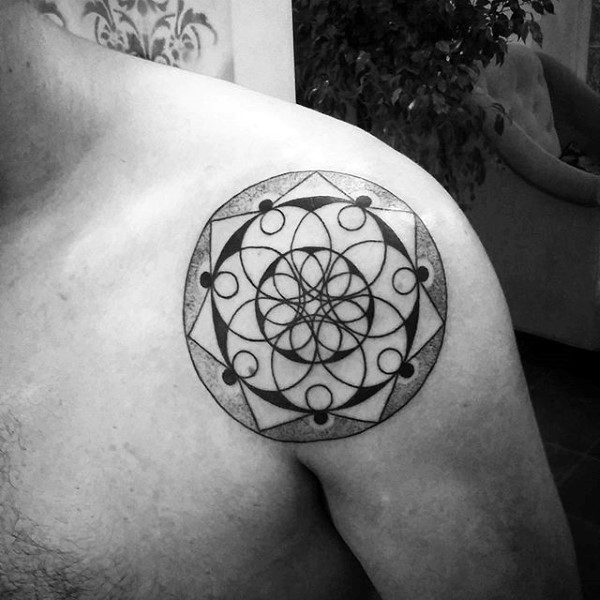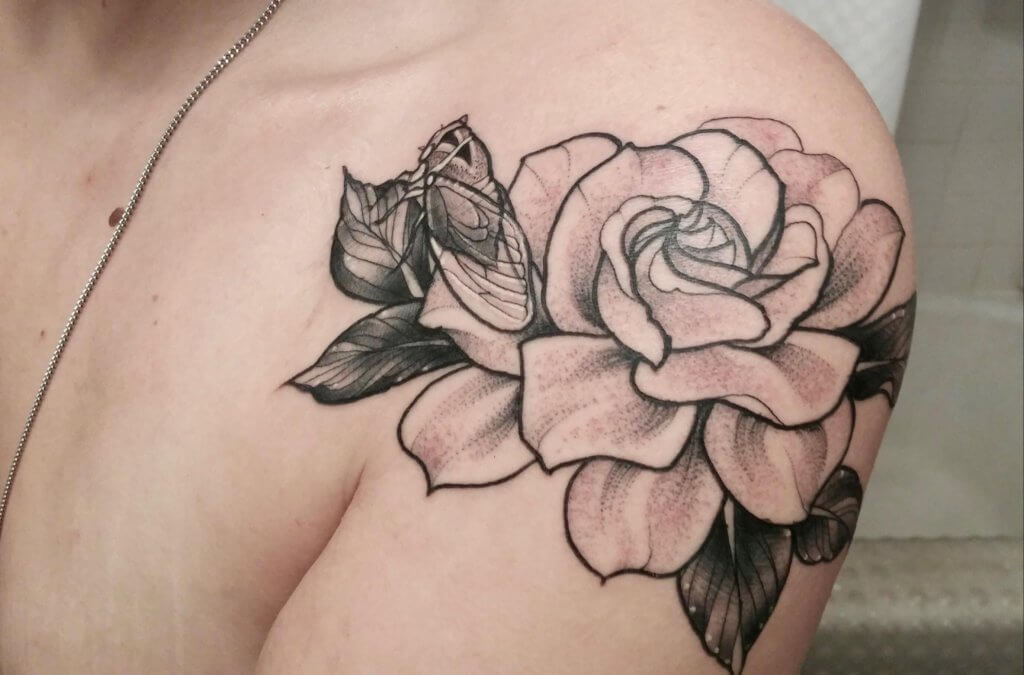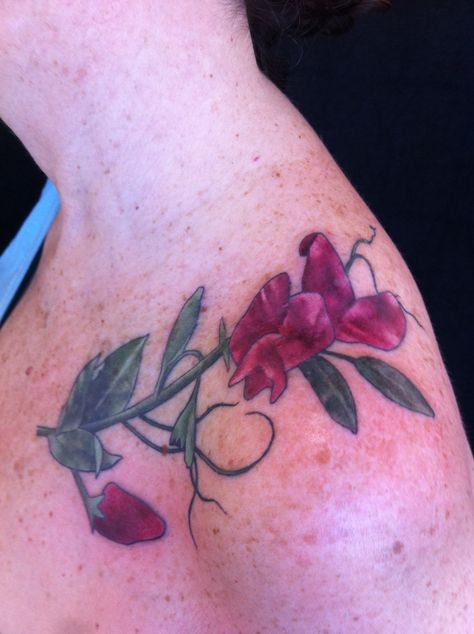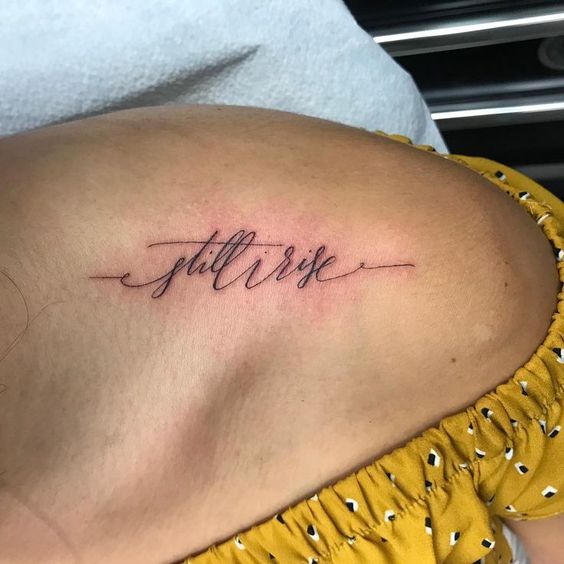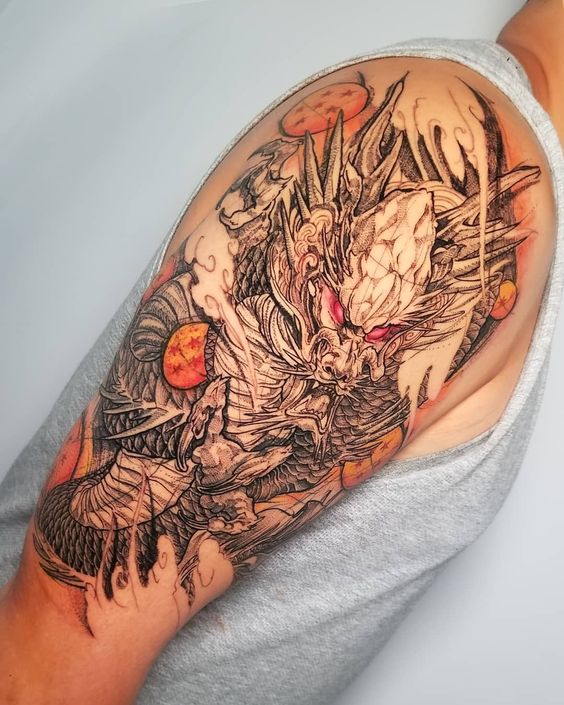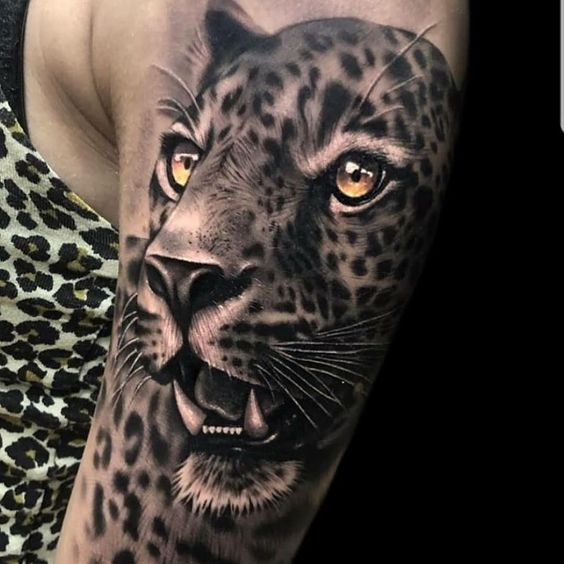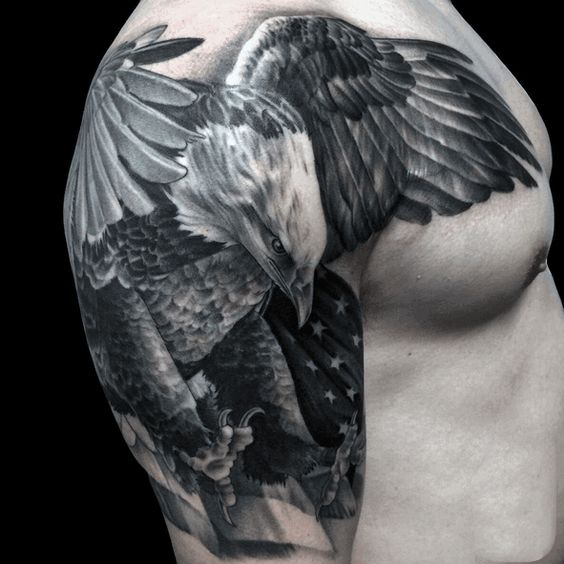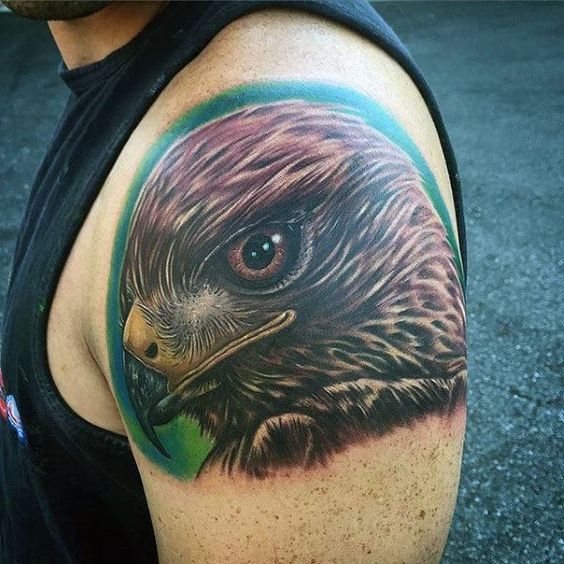Does tattoo hurt? This is a common question for anyone considering their first tattoo. In this guide, we’ll explore what to expect in terms of pain, how to prepare, and the sensations associated with tattooing. Understanding these aspects can help demystify the process and prepare you for your tattoo journey.
What should I not do before tattooing?
Avoid alcohol, drugs, and most medications at least 24 hours before getting a tattoo. Make sure to rest, sleep well, and eat. However, don’t eat two to three hours before the session. Fatigue and tiredness can lead to increased sensitivity and dizziness during the tattoo process, making it hard to stay calm and focused.
Does it hurt?
Yes, getting a tattoo hurts. Anyone claiming it doesn’t is just acting tough! Although uncomfortable, most people tolerate the process without major issues. The sound of a tattoo machine often scares many. It reminds them of a dentist’s drill. Tattooing sensations vary. It can feel like burning hair, a sharp scratch, a pinch, or even a tickle. The intensity of these sensations depends on the tattoo’s location, size, and your pain threshold. Most women liken the pain to using a depilator. It’s an unpleasant mix of heat and itchiness where you shouldn’t scratch or react to the sensation.
The first tattoo is like a rite of passage. The initial fifteen minutes might feel tough, but you’ll soon get used to it. After that, you might find yourself comfortable enough for a lengthy session. During your second tattoo, fear and panic typically subside as you become familiar with the sensation.
In summary, preparing for a tattoo involves avoiding certain substances and ensuring you’re well-rested and fed. While tattooing does involve discomfort, it’s generally bearable. The experience can vary from person to person, with sensations ranging from mild irritation to tickling. Remember, the initial unease of your first tattoo often gives way to familiarity and ease in subsequent sessions. Ultimately, getting a tattoo is a unique experience that combines preparation, endurance, and adapting to new sensations.


